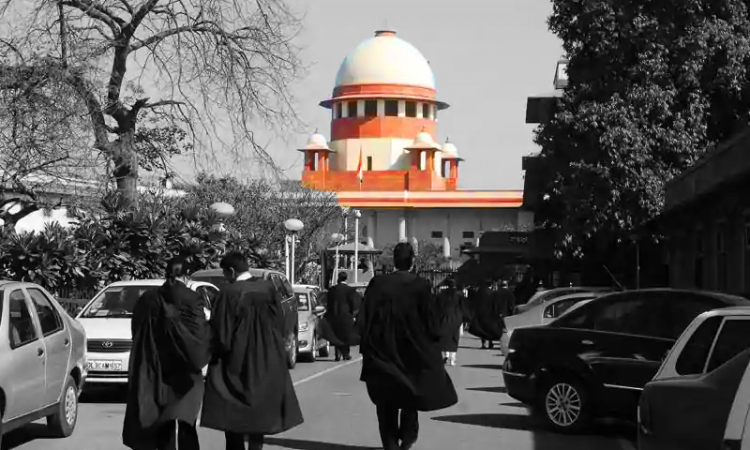BCI's Draft Rules Inadequate In Preventing Advocates' Strikes : Common Cause Tells Supreme Court
Gursimran Kaur Bakshi
10 Dec 2024 8:26 PM IST

Next Story
10 Dec 2024 8:26 PM IST
The Supreme Court today (December 10) directed that suggestions on the Draft Rules submitted by the Bar Council of India in regard to preventing and prohibiting advocates' strikes could be made by the petitioner along with the amicus and Chairperson of the BCI. After a report is submitted within 4 weeks, the same will be finalised by the Court.A bench of Justices Sudhanshu Dhulia and...
